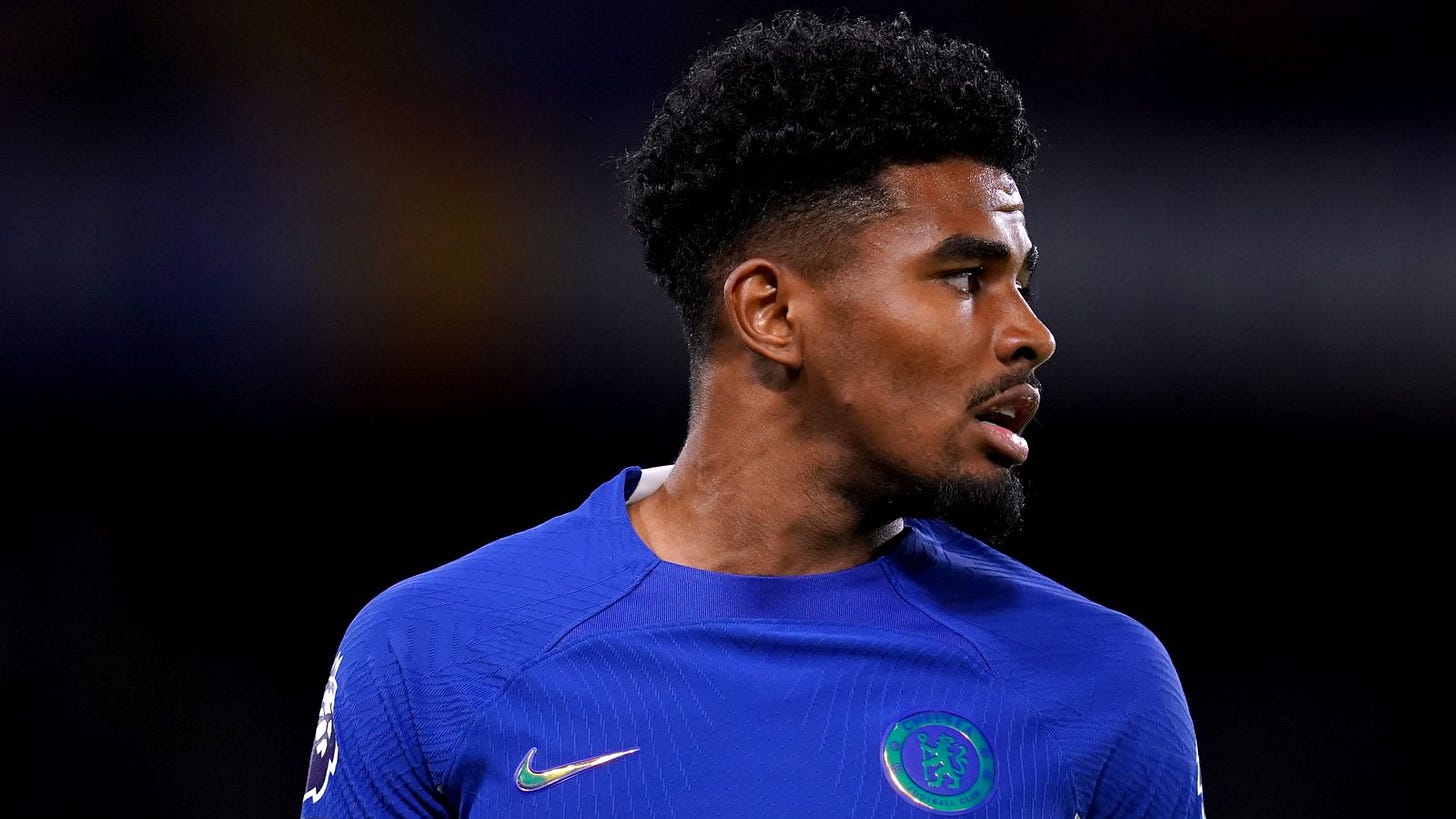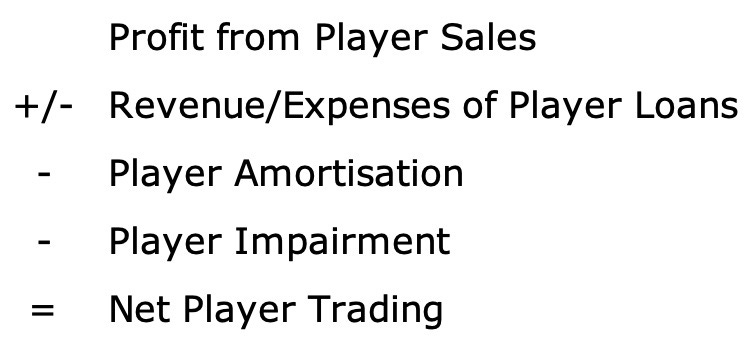Why Chelsea are the best club in England at player trading (and why they’re not)
Pretty Isn't Pretty
Player sales are often viewed as an easy solution for clubs striving to comply with Profitability and Sustainability Regulations (PSR), and there’s some truth in that, but people should really look at player trading as a whole to fully understand the overall impact on a club’s finances.
Supporters have become increasingly familiar with concepts such as amortisation, swap deals and “pure profit”, but player trading is a fairly complex subject (at least from an accounting perspective). At the same time, there is a real world impact of player transactions, which is not always appreciated.
Therefore, today’s blog will look at how player trading actually works in a club’s accounts from three different perspectives:
Profit and loss account
Balance sheet
Cash flow
In the course of this analysis, we shall attempt to identify which clubs in England are the best at player trading.
We will look at this from a financial point of view, though other factors should of course also be considered for a holistic assessment, especially in terms of how a player improves a team with the consequent impact on success on the pitch.
Player Trading
Net player trading in the accounts covers more than profit from player sales, as it also includes player loans, amortisation and impairment.
As a result of this calculation, some clubs are net sellers, mainly because profit from player sales is higher than player amortisation, leading to a positive balance in overall player trading.
On the other hand, when clubs are investing more to improve the quality of their squad, the balance will be negative, i.e. player amortisation is higher than the profit from player sales.
Ground Rules
In a single season a club’s player trading can be heavily influenced by one big money transfer, so a club could look good with one “lucky punch”. Therefore, we shall extend the time period of our review to assess performance over time, taking the five years up to 2022/23 (the last season when clubs have published accounts).
Keep reading with a 7-day free trial
Subscribe to The Swiss Ramble to keep reading this post and get 7 days of free access to the full post archives.



